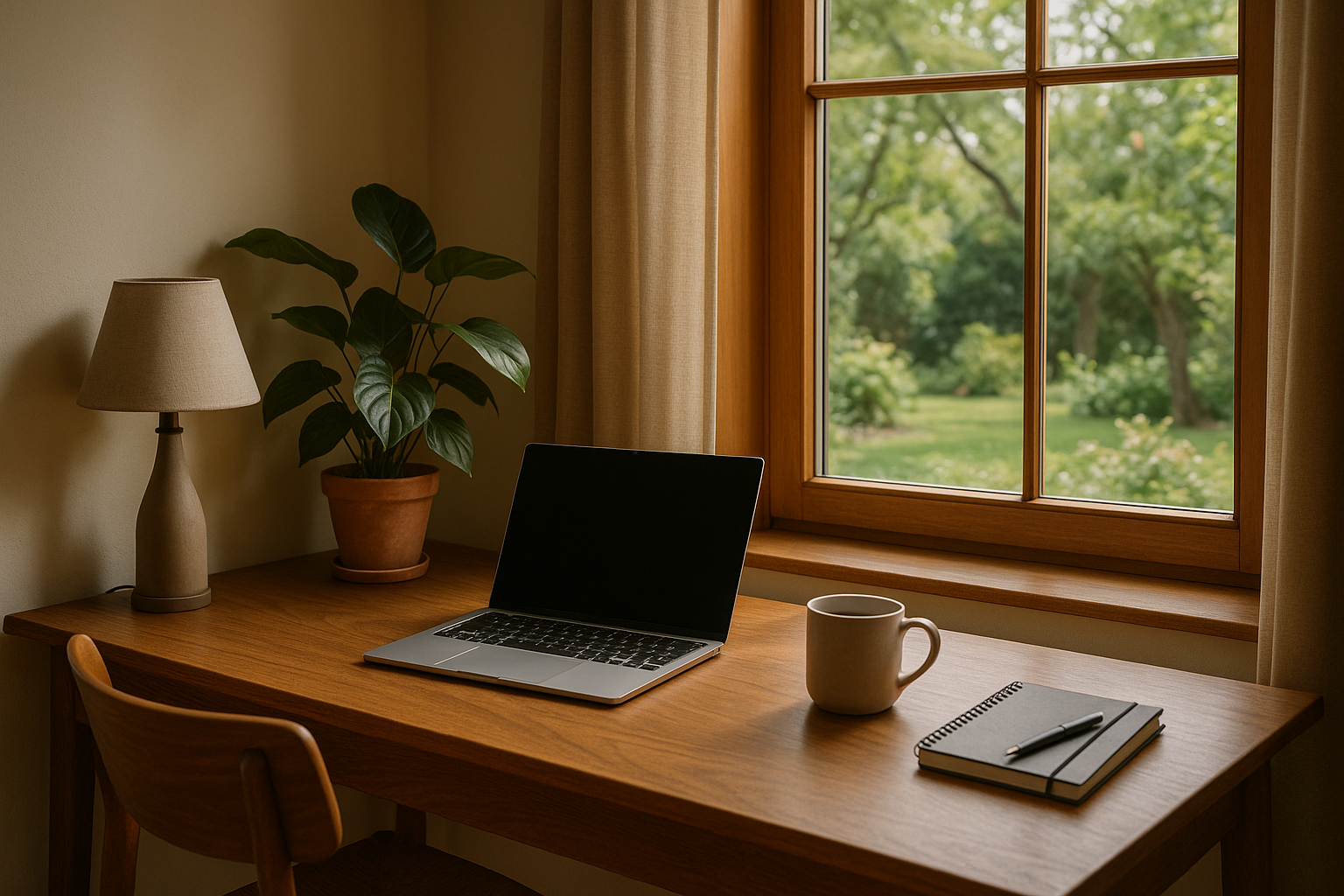Things to Check Before Buying a Used Car
Buying a used car can be a smart financial move, offering you the chance to get a reliable vehicle at a lower price than a new one. However, the process requires careful inspection and research to avoid costly mistakes. Whether you're buying from a dealership or a private seller, here are the key things you should check before sealing the deal.
1. Vehicle History Report
Before anything else, request a vehicle history report using the car’s Vehicle Identification Number (VIN). This report provides crucial information such as previous ownership, accident history, title status (clean, salvage, or rebuilt), and maintenance records. Websites like Carfax and AutoCheck are reliable sources for this data. A history of frequent repairs or a salvage title should raise red flags.
2. Exterior and Interior Condition
Do a thorough walk-around of the car in good daylight. Check for dents, scratches, rust spots, or mismatched paint which could indicate previous damage. Open and close all doors, the trunk, and the hood to ensure smooth operation.
Inside the vehicle, inspect the upholstery for stains, tears, or unusual wear. Test all buttons, lights, and features like the air conditioning, infotainment system, and power windows. Any sign of excessive wear might indicate heavy usage or poor maintenance.
3. Mileage vs. Age
Compare the car’s mileage to its age. On average, a car accumulates about 12,000 to 15,000 miles per year. Extremely low mileage might seem appealing but can be a sign the car sat unused for long periods, which can also lead to issues like dried-out seals or battery problems. Conversely, high mileage could mean more wear and tear, especially on the engine and transmission.
4. Mechanical Inspection
Even if the car looks great on the surface, it’s essential to have a trusted mechanic inspect it before purchase. They can check for hidden issues such as leaks, engine problems, worn-out brakes, or suspension issues. Some sellers may already have an inspection report available, but an independent assessment is usually more reliable.
If you're test-driving the car, listen for unusual sounds like knocking or squealing, pay attention to how the brakes respond, and ensure the steering is smooth. Acceleration should be responsive and gear shifts should be seamless.
5. Tires and Suspension
Inspect the tires for even wear, adequate tread depth, and signs of cracking or dry rot. Uneven wear can indicate alignment problems or suspension issues. Bounce each corner of the car—if it continues to bounce after you release, the shocks may be worn out.
6. Check Under the Hood
Look under the hood for leaks, corrosion, or worn belts and hoses. Check fluid levels—oil, coolant, transmission, and brake fluid—and their condition. Dark, gritty oil or low fluid levels could indicate neglect.
7. Ownership Costs and Insurance
Research how much it will cost to own and maintain the car. This includes insurance premiums, registration fees, fuel efficiency, and common repair issues for the make and model. Some used cars are cheap to buy but expensive to maintain, so do your homework.
8. Title and Registration
Make sure the seller provides a clear title with no liens against the car. The VIN on the title should match the one on the car (usually found on the dashboard or driver-side door frame). Verify that the car can be legally registered and ask for service records if available.
Conclusion
Buying a used car doesn't have to be risky if you know what to look for. Taking the time to inspect the car properly and getting a mechanic’s opinion can save you thousands in repairs down the line. Always trust your instincts—if something feels off, it’s okay to walk away. A good deal on a reliable used car is worth the wait.








